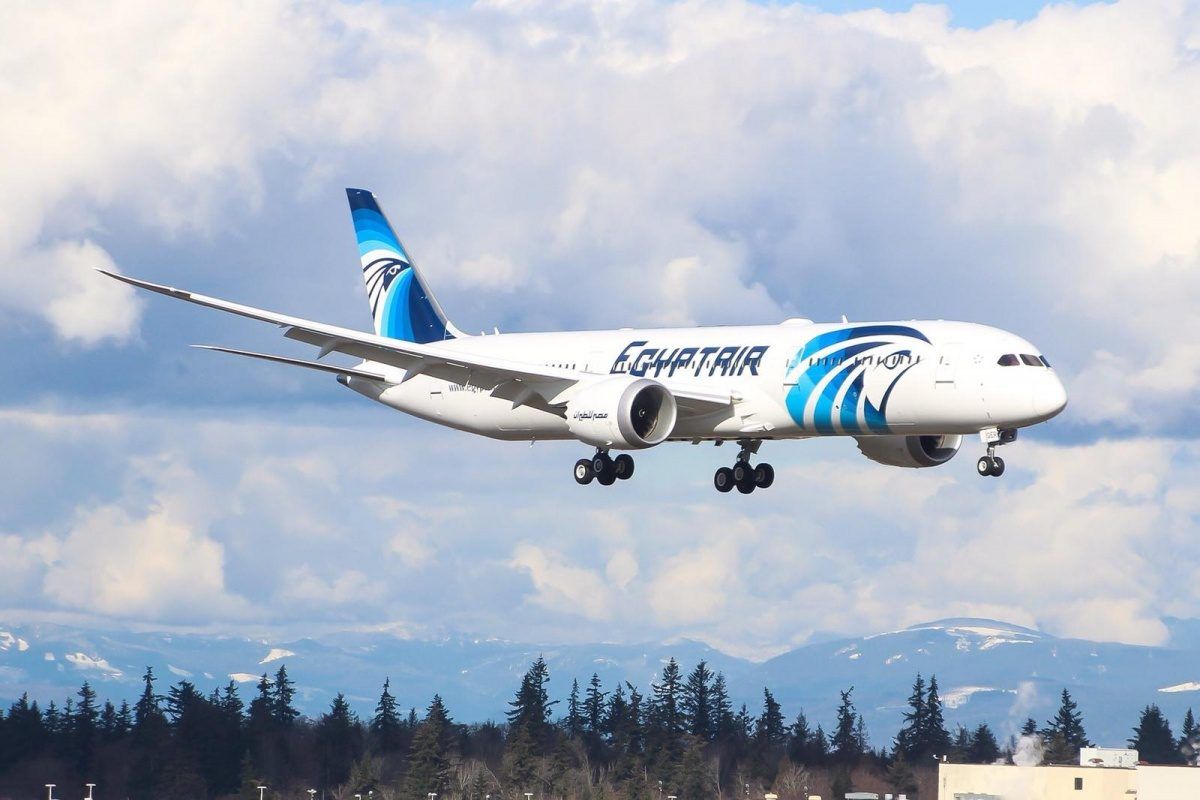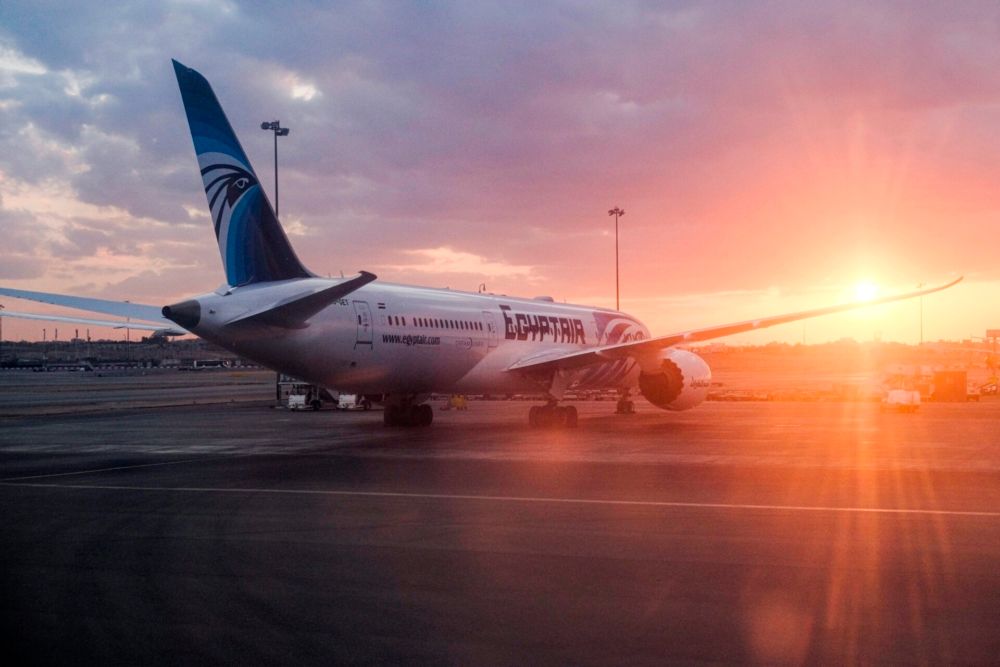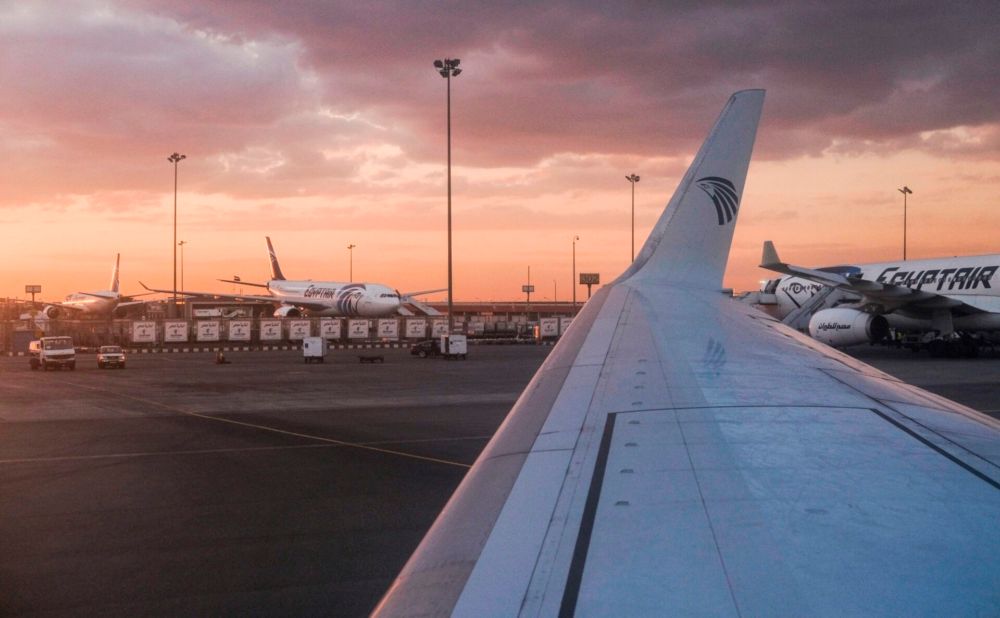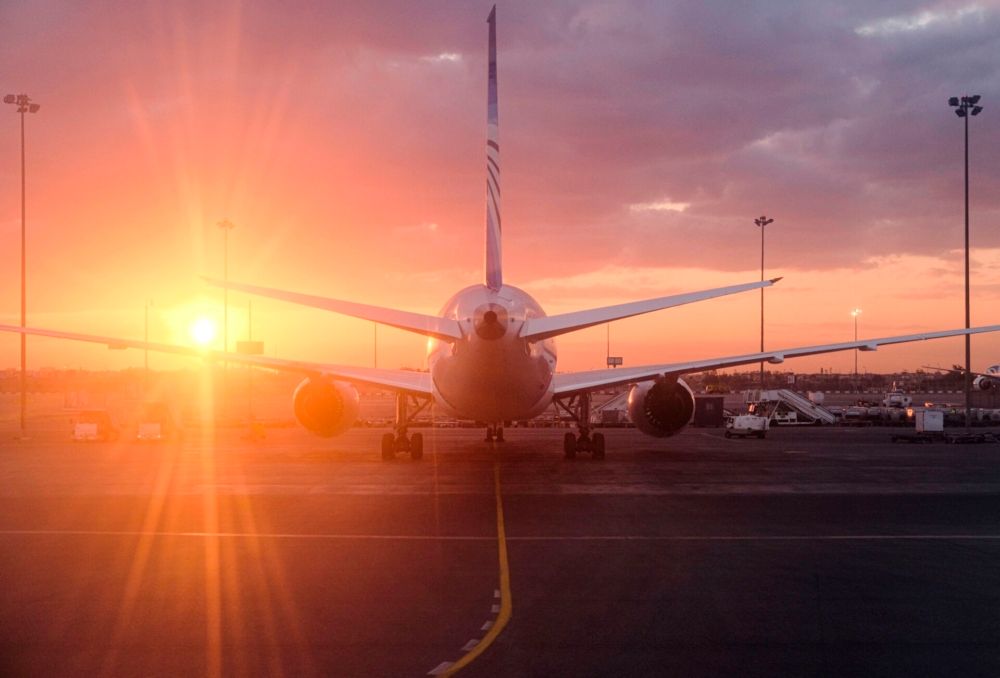EgyptAir flies to three destinations in North America. In the United States, the flag carrier of Egypt heads to New York JFK and Washington Dulles. Meanwhile, in Canada, the airline serves Toronto Pearson International. The continent is a top priority for the operator, and with this in mind, Simple Flying caught up with the company’s chairman and CEO, Captain Amr Nabil, about the success and challenges of these operations.
Recent launches
In the summer of 2019, EgyptAir launched flights to the Washington DC area with its trusted Boeing 787 aircraft. The route was announced with three weekly flights, with the group looking to cater to the increase in tourism and business opportunities in the US market.
The flights run overnight and take over 12 hours to complete. This factor hasn't seemed to deter customers that are contemplating the transatlantic journey. The firm notes that the response to the service from its passengers has been excellent, and the route remains an integral part of the network.
“EgyptAir has inaugurated its non-stop service between Cairo and Washington Dulles on June 3rd, 2019, being the third non-stop destination of the national carrier of Egypt to North America after New York (JFK) and Toronto (YYZ),” Captain Nabil told Simple Flying.
“This route has connected the customers from Washington to the world-wide network of EgyptAir reaching many destinations in the Middle East, Far East, and Africa while serving them the best in-flight service onboard EgyptAir 787-9 Dreamliner equipped with 30 Super Diamond Full Flat diamond-shaped seats in business class, personal screens in business and economy classes, giving a fantastic onboard experience through WiFi connectivity, mobile phone usage, and in-flight entertainment system.”
New challenges
The global health crisis undoubtedly shook up long-haul operations. International restrictions made it challenging for passengers to head overseas, forcing airlines to revisit their approach amid the tough conditions. Nonetheless, EgyptAir managed to overcome the situation thanks to its no-nonsense approach.
The airline’s leadership shares that the company brought in numerous procedures to adapt, especially when many nations halted air traffic in the first quarter of 2020. Nonetheless, the carrier has played a pivotal role in the repatriation of its country’s citizens and residents.
Within this period and after the resumption of air traffic from Egypt from July 2020, EgyptAir has strictly applied health precautions to ensure that all its passengers and staff are safe throughout their passenger journey by introducing several associated measures. Naturally, face masks became obligatory for all, whether at the airport or onboard during the whole flight. Additionally, customers are provided with health amenity kits by the airline.
Overall, these implementations are part of a series of initiatives launched by the carrier. The firm is keen to curb the spread of infection across the travel process.
“The airline provides its customers with contactless services including online flight booking and home printing bag tag facility. Moreover, multiple off-airport check-in facilities are available. Passengers' body temperatures are tested throughout their movement at Cairo Airport,” Captain Nabil added.
“At lounges, EgyptAir has kept sufficient spaces between customers, and all lounges are provided with sanitization material. All EgyptAir cabin crew members are vaccinated against COVID-19, and they wear personal protective equipment at all times to keep themselves and the passengers safe. All EgyptAir aircraft are equipped with (HEPA) system for air filtration with efficiency to capture 99% of viruses, bacteria, and microbes. In addition to this, all of our aircraft are routinely disinfected.”
Working together
Heading into 2022, EgyptAir is keen to expand on its North American operations. The carrier used to fly to other hotspots in the area, such as Los Angeles and Montreal, and despite no longer heading to these destinations directly, it still has an influence on operations due to airline agreements. Notably, the company prides itself on the relationships that it has built with carriers in the region.
The airline has optimized codeshares with the likes of Air Canada and United Airlines to reach 12 destinations in North America, including Montreal, Los Angeles, Halifax, Ottawa, San Francisco, Orlando, and Boston. Additionally, EgyptAir is proud of its Star Alliance membership, connecting the carrier with other airlines that serve the wider continent, including Avianca and Copa Airlines.
Presently, the company is studying further options for expansion in North America. This plan is part of a broader strategy of network enhancements across the globe. With this approach, fleet modernization is high on the agenda. In the long-haul spectrum, the airline has two A330-200s, four A330-300s, six 777-300ERs, and six 787-9 Dreamliners in its fleet. It is expecting two additional units of the latter type to be delivered in the next two years.
Stay informed: Sign up for our daily and weekly aviation news digests.
Broader opportunities
The ultimate aim is for the expansive network and balanced fleet to help turn the airline’s home of Cairo into a global hub. EgyptAir highlights that by utilizing the location of the capital of Egypt on the map, there can be increased profitability across operations and better connectivity for passengers across the continents. Therefore, we can expect plenty more opportunities across the Atlantic in the coming years.
Further advances that will impact services are expected across the board. For instance, EgyptAir plans to implement a hierarchical restructuring plan as a holding company with three subsidiaries. Along with this, it is looking to offer further benefits to frequent flyers. Altogether, there is a clear focus with a fresh outlook this decade.
This article is part of Reflections - a series that looks back at the aviation industry in 2021 ahead of the new year.
What are your thoughts about EgyptAir’s services to the United States? How do you feel the carrier has adapted to the market conditions over the last few years? Let us know what you think of the airline and operations in the comment section.




